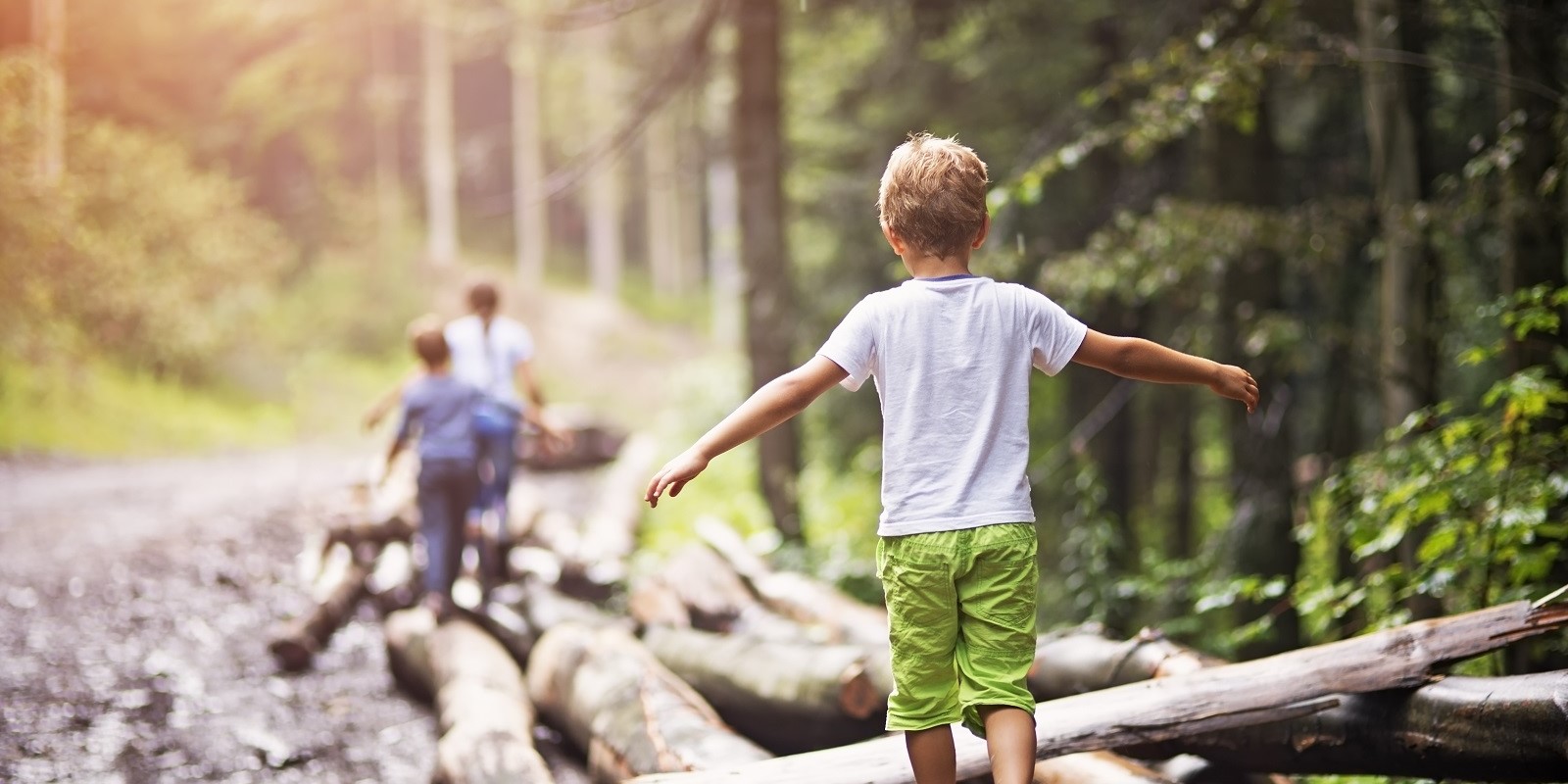Tuesday, July 25, 2023
Agrotourism offers a different way of getting to know rural environments, connected with reality, nature, the identity of their people, and their way of life.
By Ramon Oliver
With the arrival of summer, we are impatiently counting down the days until we hang up that sign—real or metaphorical—of "closed for vacation," and our minds eagerly anticipate all the things we will do—and won't do—during that brief but necessary hiatus. However, sometimes we fall into a trap: in our everyday lives we live so surrounded by digital stimuli, both at work and our leisure time, that they often follow us on our vacations without us even being aware of it. This almost unconscious habit can stop or slow down the arrival of that much desired state of calm and pause. In fact, over-connectedness can have negative effects on stress levels. On the other hand, two scientific studies have concluded that, with 20-minute walks in natural environments or a week of digital disconnection, we can improve our well-being and reduce anxiety. In order to disconnect from our routine, it is also important to disconnect from technology.
One of the latest vacation trends that has broken with these patterns and dynamics guided by digital devices is agrotourism. This way of traveling goes deep into nature and explores the charm of rural life, but in a very special way. It is a very hands-on and sustainable experience where the senses are immersed in the landscapes, the colors of the sky and crops, etc.
What sets apart this approach from conventional rural tourism is that while the latter is designed with a primary focus on tourism, in other words, to explore a destination through an exhaustive selection of leisure activities and places to visit and photograph, in agrotourism this idea is secondary and serves to complement a more complete and immersive experience. That is why the places we see it practiced are farms, homesteads, and other sites working primarily in agricultural activities.
An immersive experience
Agrotourism allows visitors to immerse themselves in the life of the places they visit and participate in local activities on a deeper and more authentic level. It is a form of local tourism and, as such, more sustainable and respectful of the environment. It goes beyond merely skimming through a series of picturesque or idyllic postcards, but rather offers the opportunity to immerse oneself in nature. Harvesting crops, helping to build a shed, putting animals out to pasture, taking a walk in the forest, watching the sunrise, chatting with the locals, or even having a glass of wine in the village tavern are part of this collection of experiences that will remain engraved in the memory of those who experience them.
This kind of back-to-basics approach, to the fundamentals of life, is also closely tied to sustainability, to using nature's resources and the energy we consume efficiently and responsibly, and to sustainable mobility that not only allows us to travel the world without polluting or being intrusive but also reignites that sense of adventure that has always driven human exploration.
For example, the facilities of the rural center Fuente Alberche in Avila are built according to the principles of bioclimatic architecture, with non-polluting materials from nearby producers, and are powered thanks to their solar panels, windmill, and biomass boiler.
But this sustainable approach goes beyond the walls of the accommodations, as care for the environment is an essential element for these enclaves. As in the Casa Los Jabones in Ciudad Real, where artisanal care of the olive groves rewards them with a delicious oil. A perspective that refuses to see visitors as mere spectators: their participation is sought in circular activities such as caring for vegetable gardens, as proposed at the Sarasola Zahar farmhouse in Guipúzcoa, or even in egg collection, as encouraged at Can Fàbregas del Bosc Barcelona. And these are just some of the locations where it is possible to combine relaxation with a more authentic way of enjoying nature.
This is agrotourism: a way of enjoying our vacations that, besides helping us rest, set us on a course to discover the products that begin in the rural world, at kilometer zero. It teaches us to respect and listen to the rhythms of ecosystems and encourages us to care for the environment.
¿Te ha parecido interesante?





